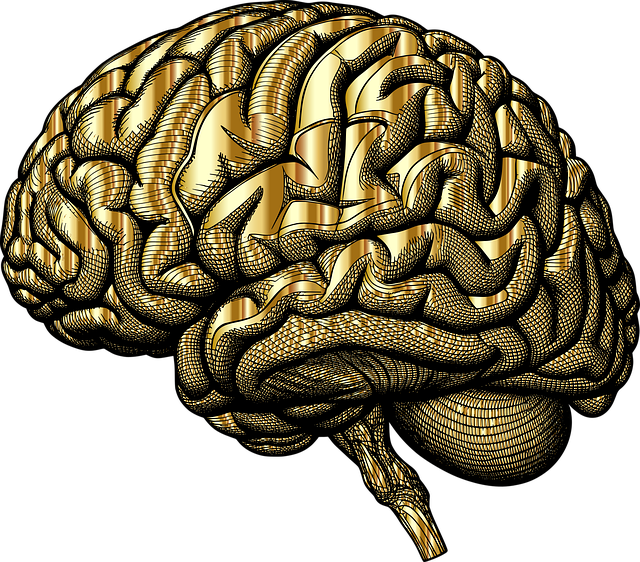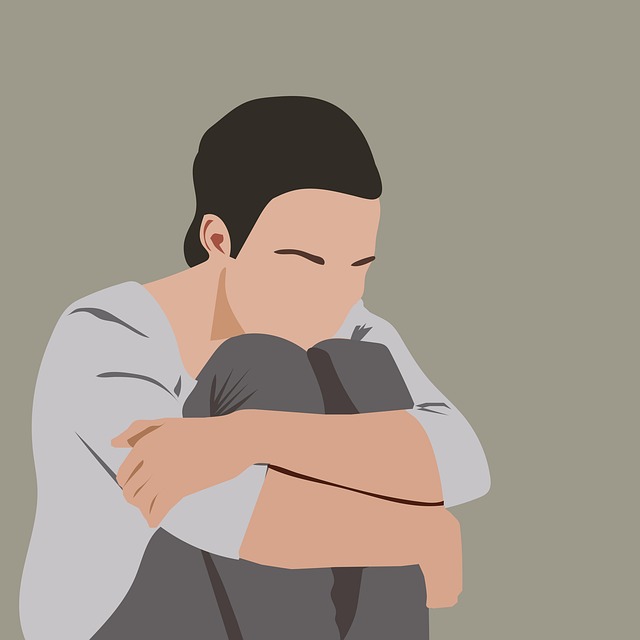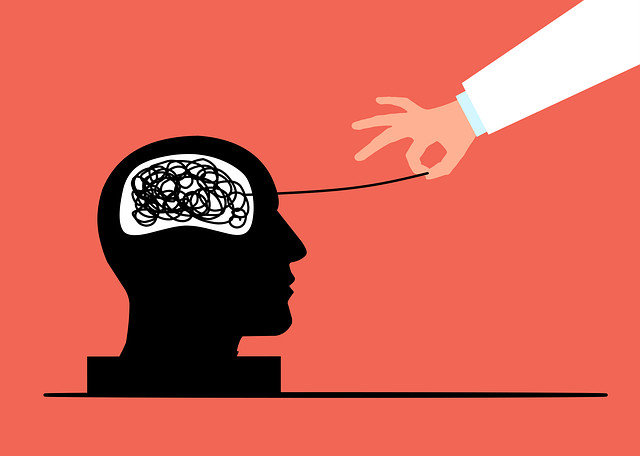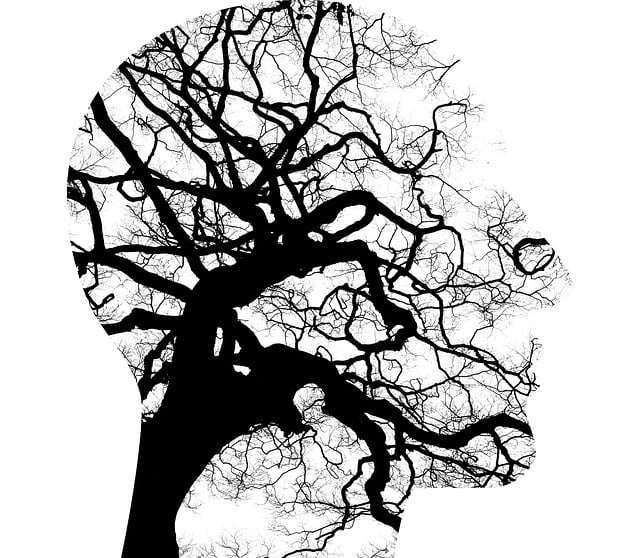Lafayette Cancer Issues Therapy (LCIT) enhances cultural competency among healthcare providers to improve patient-centered care. Through specialized training, they address cultural barriers by fostering better communication, inclusivity, and mental wellness. LCIT's strategic programs include social skills development, risk management planning, and interactive sessions tailored to diverse patient demographics, utilizing workshops, online learning, and role-playing. Regular evaluation ensures success in creating an inclusive environment that prioritizes patients' emotional regulation and overall well-being.
“In today’s diverse healthcare landscape, cultural competency is no longer an option but a necessity. This article explores the critical role of cultural competency training in enhancing patient care, specifically addressing barriers faced by Lafayette Cancer Issues and Therapy patients. We delve into the importance of understanding cultural nuances and their impact on health outcomes. Additionally, we offer practical strategies for designing and implementing effective training programs to foster cultural competence among healthcare providers.”
- Understanding Cultural Competency in Healthcare: A Necessary Framework for Effective Patient Care
- Lafayette Cancer Issues and Therapy: Un addressing Cultural Barriers to Treatment Access
- Designing and Implementing Training Programs: Strategies for Enhancing Cultural Competence Among Healthcare Providers
Understanding Cultural Competency in Healthcare: A Necessary Framework for Effective Patient Care

Cultural competency in healthcare is a framework that empowers medical professionals to provide patient-centered care across diverse cultural backgrounds and contexts. It involves understanding and appreciating the impact of culture on health beliefs, behaviors, communication styles, and help-seeking patterns. In an increasingly multicultural society, this knowledge becomes essential for effective patient interactions, especially when addressing sensitive issues like cancer therapy in communities like Lafayette.
At Lafayette Cancer Issues Therapy, we recognize that patients’ cultural identities play a significant role in their healthcare experiences. Our training programs equip healthcare providers with the skills to navigate these complexities, fostering an environment of trust and respect. By incorporating conflict resolution techniques and emotional regulation strategies, we enhance communication, ensuring that every patient receives care tailored to their unique needs. This holistic approach not only improves clinical outcomes but also promotes mental wellness, as recognized in our recent Emotional Regulation and Mental Wellness Podcast Series Production, which highlights the importance of cultural sensitivity in healthcare delivery.
Lafayette Cancer Issues and Therapy: Un addressing Cultural Barriers to Treatment Access

Lafayette Cancer Issues and Therapy (LCIT) is dedicated to addressing cultural barriers that hinder access to treatment. In a diverse community, understanding the unique social and cultural contexts of patients is essential for effective healthcare delivery. LCIT offers specialized programs tailored to improve healthcare provider cultural competency training. These initiatives focus on enhancing communication skills and fostering an inclusive environment, ensuring patients from all backgrounds receive equitable care.
One key aspect of their approach involves social skills training to equip medical professionals with the ability to connect with culturally diverse individuals. By incorporating this training alongside risk management planning for mental health professionals, LCIT aims to mitigate potential cultural missteps and create a supportive atmosphere. Through these efforts, Lafayette Cancer Issues and Therapy strives to revolutionize cancer care, making it more accessible and sensitive to the complex tapestry of community cultures.
Designing and Implementing Training Programs: Strategies for Enhancing Cultural Competence Among Healthcare Providers

Designing and implementing effective cultural competency training programs is a multifaceted process that requires careful consideration. For healthcare providers, especially those at Lafayette Cancer Issues Therapy, addressing cultural nuances is vital to delivering empathetic and high-quality care. Training should start with identifying specific cultural competencies needed based on the patient population served. This involves gathering data on the diverse backgrounds of patients and tailoring education accordingly. Incorporating interactive self-awareness exercises and coping skills development sessions can help providers understand their own biases and learn strategies to navigate complex interactions.
Facilitating these programs through a combination of workshops, online modules, and role-playing scenarios ensures engagement and reinforces learning. Regular evaluation and feedback mechanisms are essential to gauge the program’s effectiveness. Additionally, risk assessment for mental health professionals should be integrated to address potential challenges and ensure the well-being of both providers and patients, fostering an inclusive healthcare environment.
Cultural competency training is a game-changer in healthcare, especially as organizations like Lafayette Cancer Issues and Therapy strive to overcome cultural barriers to treatment access. By designing and implementing effective programs, healthcare providers can enhance their ability to deliver culturally sensitive care, ensuring better patient outcomes and satisfaction. This article has outlined the importance of this framework and provided strategies for training, ultimately emphasizing the need for continuous improvement in cultural competence across all healthcare settings.












